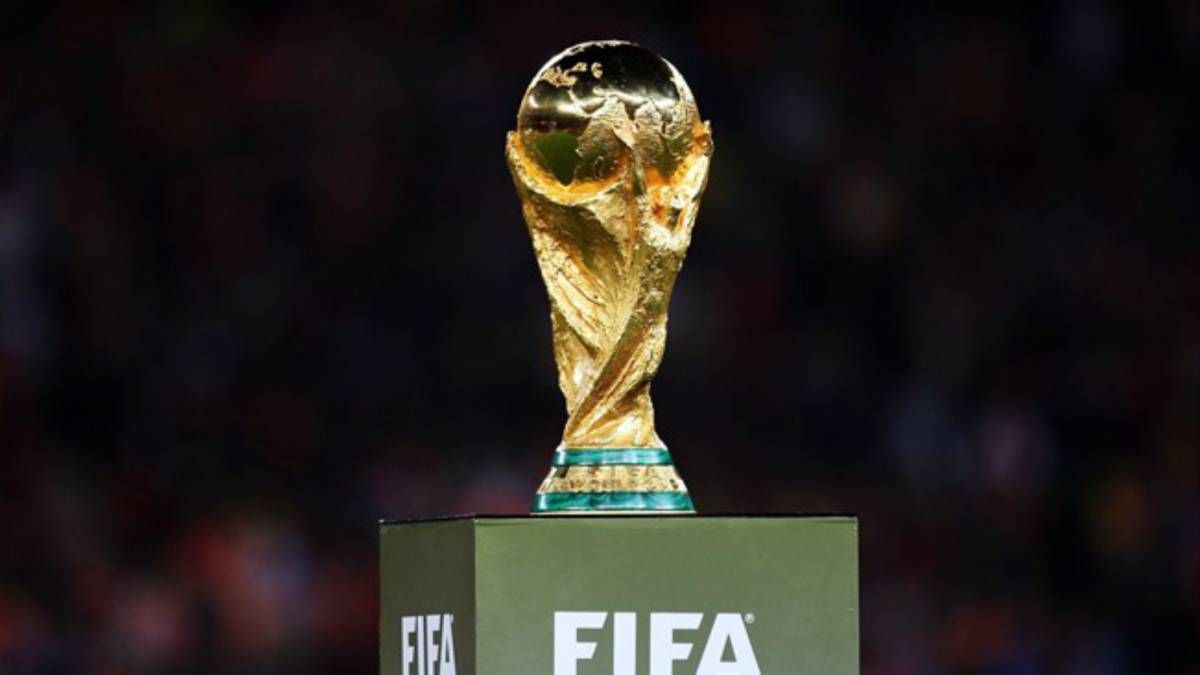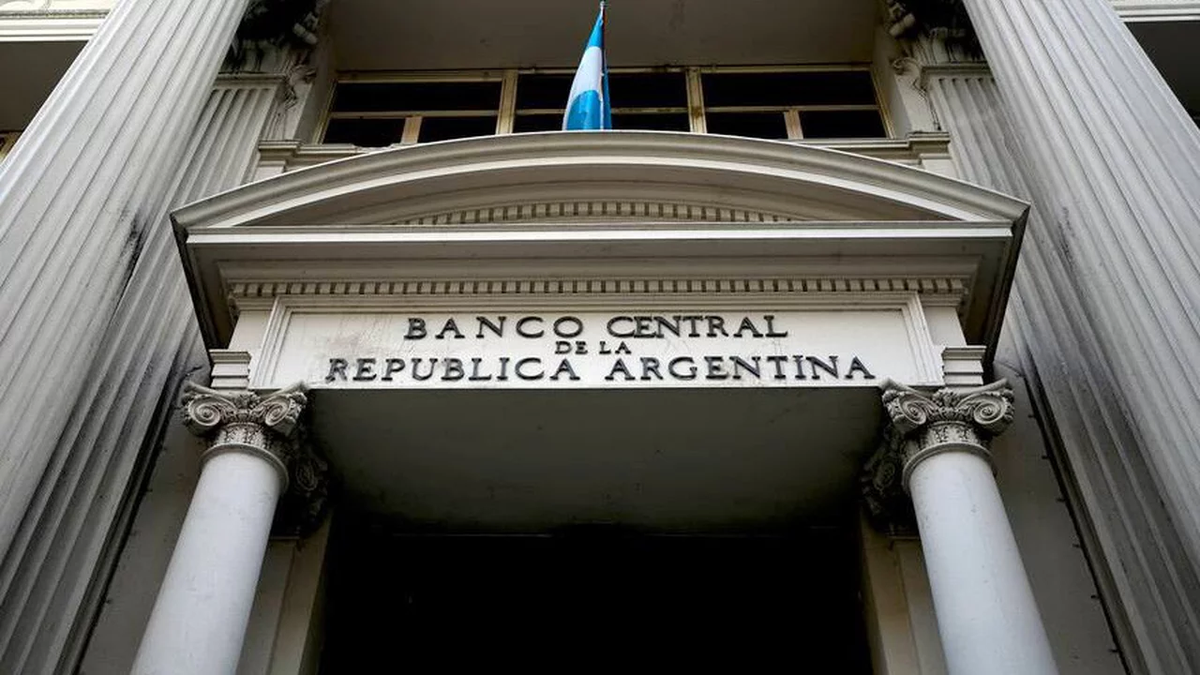Image: TV1
According to the FAO, agriculture is responsible for 72 percent of global freshwater withdrawal. In view of the situation, Austria’s Minister of Agriculture Norbert Totschnig (ÖVP) advocated a UN special envoy in his speech to the General Assembly.
In view of the FAO information on global demand in the agricultural sector, the Ministry of Agriculture pointed out that this is far lower in Austria: at around 70 percent, the majority of the entire annual demand in this country goes to industry and commerce, the general water supply requires a further 24 percent, in only four percent went to agriculture, according to the study “Water Treasure Austria” (2021) prepared for the department. Nevertheless, the problem of increasing demand with simultaneously decreasing resources also arises in this country.
Water the focus of attention
“I hope that after 46 years this water conference will be the impetus needed to bring water back into focus,” Totschnig said in his speech on Water Day in New York, referring to the first summit in 1997 in Argentina. “Climate change is disrupting our water cycles and is increasingly aggravating the global water situation,” the minister warned, recalling that two billion people worldwide do not have access to safe drinking water.
As a “land of mountains and rivers”, Austria would have sufficient resources to maintain this state of affairs, but the country invests “in a modern and safe water infrastructure and in extensive measuring networks in order to predict water requirements in good time.” Even before the UNO conference, Totschnig announced a “precautionary and emergency plan for a safe drinking water supply in Austria”, and a meeting with the federal states is also to follow soon.
Pass on know-how across borders
The Ministry of Agriculture pointed out to the APA that the UN conference would not vote on a formal final document, such as at a climate summit, but on an action paper, the “UN Water Action Agenda”. Austria contributes to this within the framework of the “Danube Water Program”. In order to pass on domestic know-how in the water sector beyond the borders, the country has been involved in capacity building in the water sector for several years. As an example, the support of advisory and training measures for employees in water supply and wastewater treatment companies in the entire Danube region was mentioned.
While drinking water is currently available in sufficient quantities in Austria, the development of the groundwater level, persistent dry periods like in the previous year, which also have a negative impact on the performance of the hydroelectric power plants, or the continuing decline in Lake Neusiedl show that there is also a need for action in this country. And just yesterday, Wednesday, an ordinance called for water conservation in South Tyrol due to the persistent drought. Addressees were all “water users”, but especially agriculture.
“Its getting close”
The Food and Agriculture Organization of the United Nations FAO turned to agriculture on Thursday because it is responsible for 72 percent of the world’s freshwater withdrawals – and consumption is increasing with the increasing demand for food, feed and plant fibers. So the key is to use water more sustainably and fairly.
“It’s getting scarce” was the assessment of water as a resource at the opening of the first water summit in March 1977, which was held in the Argentine coastal town of Mar del Plata. A change in consumption is not in sight. According to a recent report by the United Nations, global water consumption is expected to increase by around one percent annually up to 2050, similar to the past 40 years. UN Secretary-General Guterres warned that with the current use of the resource, humanity would deprive itself of the “lifeblood”.
Source: Nachrichten




